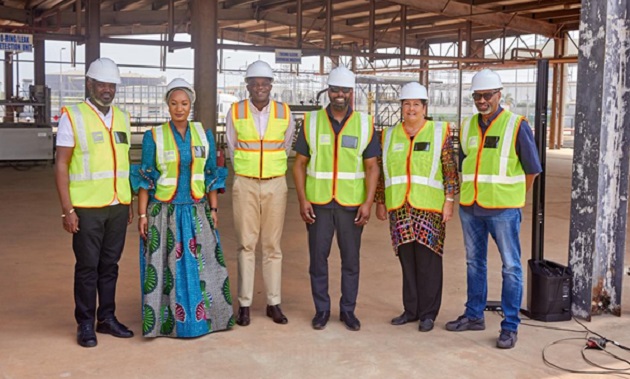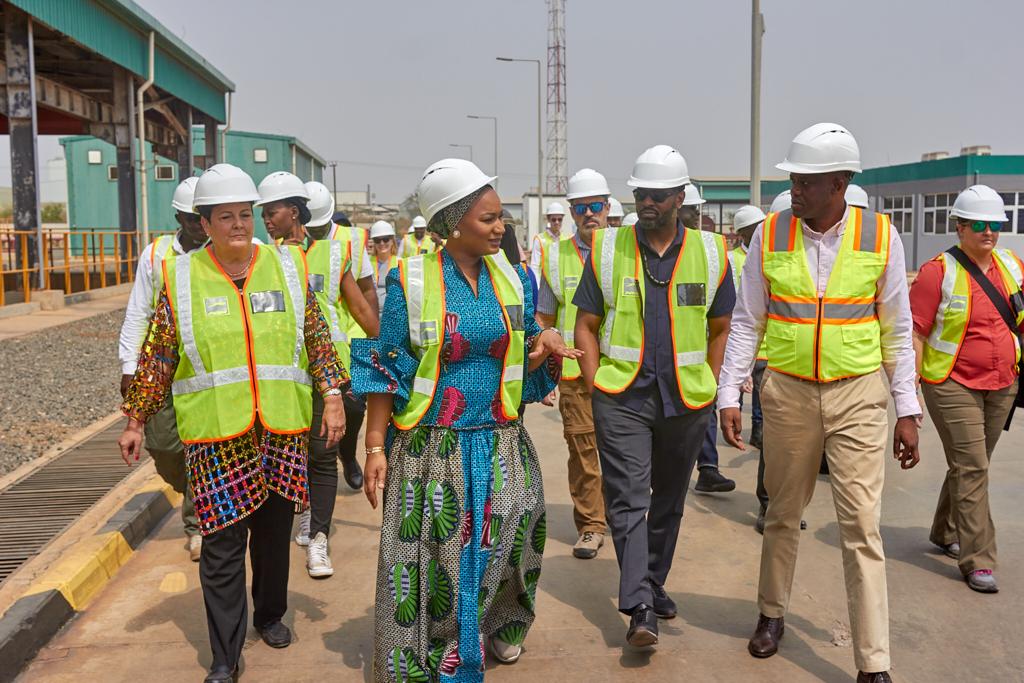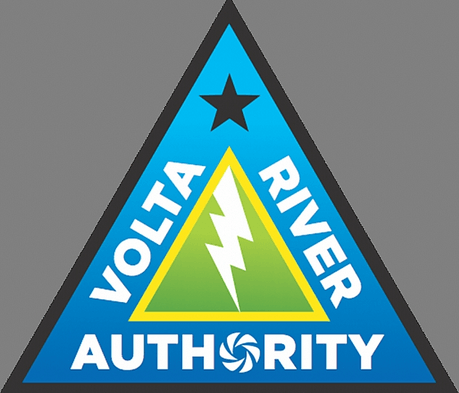
The forthcoming Africa Sustainable Energy Dialogue (ASED) is scheduled for Friday, 16 May with the theme ‘Bridging Africa’s energy access gap – Challenges, innovations & the path forward’.
The high-level forum seeks to address the persistent issue of limited energy access across sub-Saharan Africa, where over 600 million people remain without reliable electricity.
Hence, the event will serve as a platform to deliberate on practical policy strategies, explore innovative energy solutions and foster public-private sector collaboration.
The dialogue is expected to convene more than 1,000 participants, including global and national policymakers, energy leaders, development partners, academics and private sector stakeholders.
Approximately 600 million people in Africa, almost half the continent’s population, still lack reliable access to electricity.
This represents a significant challenge, with the majority of those lacking access living in rural and underserved areas. While some countries like Northern Africa, Ghana, Gabon and South Africa have made progress, significant challenges remain in Central Africa and the Sahel region.
Access to reliable electricity is crucial for improving livelihoods, boosting economic growth and fostering development in African communities. It can empower individuals – especially women and girls – by enabling access to education, information and business opportunities.
The World Bank and African Development Bank have committed to providing electricity for 300 million people in sub-Saharan Africa by 2030, demonstrating a significant global effort to address this challenge.
Realising all of these goals is a formidable undertaking. African countries need to take the lead with clear strategies and policies while international institutions must reinforce their commitment to significantly increasing their levels of support.
Countries such as Ghana, Kenya and Rwanda are on track for full access by 2030, offering success stories other countries can follow. Africa is home to 60% of the best solar resources globally, yet has only 1% of installed solar PV capacity.
Solar PV – already the cheapest source of power in many parts of Africa – will outcompete all sources continent-wide by 2030. Africa’s vast resources of minerals that are critical for multiple clean energy technologies are set to create new export markets, but need to be managed well.
The post Editorial: Bridging energy access appeared first on The Business & Financial Times.
Read Full Story

























Facebook
Twitter
Pinterest
Instagram
Google+
YouTube
LinkedIn
RSS